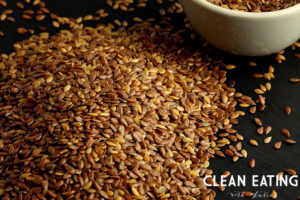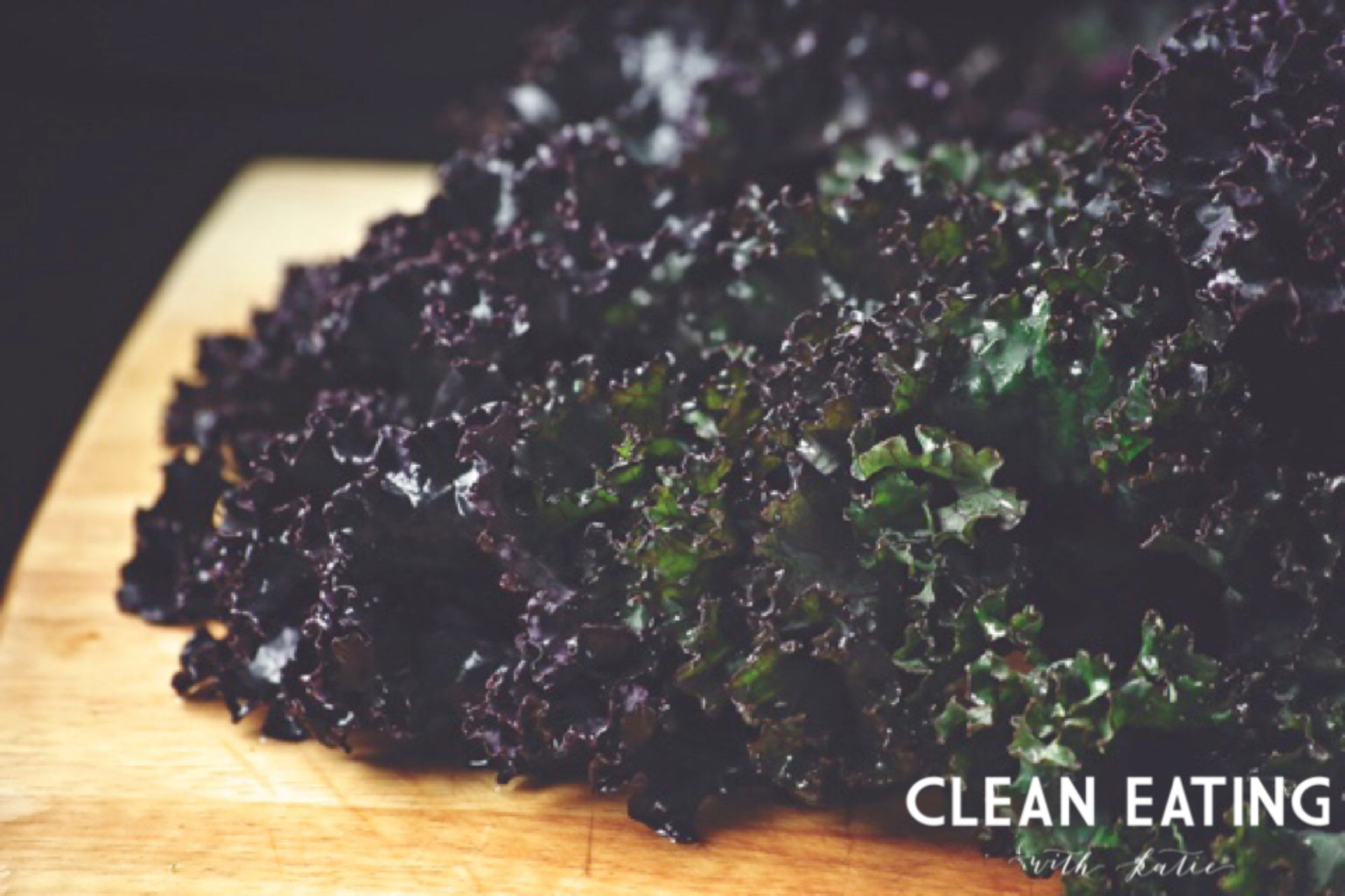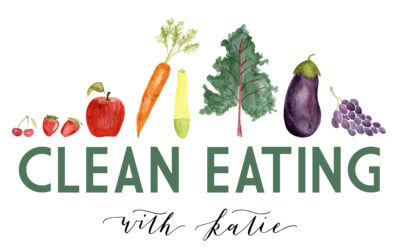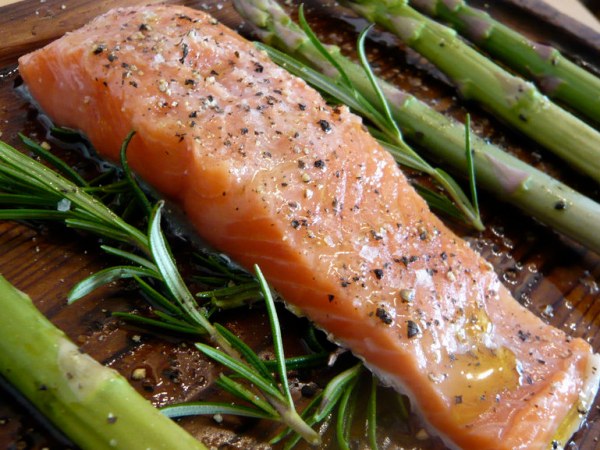Flax seeds are up next and I’m happy to report that I like flax seeds and I eat them regularly. They have a host of health benefits , but most people do not properly prepare them, and therefore do not get to capitalize on their health benefits. Read on for how to properly prepare flax. Jennifer Tyler Lee recommends adding ground flaxseeds to homemade granola bars or to strawberry-banana smoothies. In the food facts, I’ll add some precautions about using ground flaxseeds in these manners.
 Food Facts:
Food Facts:
- Flax seeds are a good source of fiber.
- High in vitamin B6, thiamine, magnesium, phosphorus, folate, calcium, potassium, iron, zinc, and copper.
- They are also a good source of alpha-linolenic acid and phytoestrogens known as lignans. These have been shown to help prevent cancer and heart disease.
- Flax have been shown to protect against prostate cancer.
- Highest plant sources of omega-3 oils
- Benefits heart, arteries, skin, hair, & brain
- Great for your gut & constipation
- Antioxidant rich
- Protects against breast & colon cancers
- Create a mucilage when soaked in liquids (similar to chia seeds)
- Their densely packed nutrition cannot be accessed if not properly prepared. The body simply cannot digest, and therefore take advantage of, the nutrients housed in whole flaxseeds.
- You can grind them yourself if you have a Vitamix 32-ounce Dry Grains Container for a Vitamix Blender, or something similar. You can also buy them already ground, BUT the container should be opaque and there should be an expiration date that is fairly soon (a couple of months). They should be stored in the fridge (as with all raw nuts and seeds).
- You can also soak whole flaxseeds in liquid. This will increase their absorption. If you plan to add them to your yogurt, I suggest that you add them the night before. If you plan to add them to a smoothie, add them to whatever liquid you use in the smoothie the night before and allow them to soak overnight.
- I’m still on the fence about baking with them. Because Omega-3s are a fragile fat (heat-sensitive) I worry about baking with them. But I also know that while the oven gets fairly warm, the internal temperatures of baked goods doesn’t necessarily get to the oven temp. My current opinion is: if you bake with them, the oven temp should be 325-350 maximum and don’t eat them in baked goods all that often.
- Flaxseed oils should always be cold pressed, purchased in opaque bottles, and should be refrigerated.
- Be sure to never heat flax oil to avoid oxidation!
- Flaxseeds contain a moderate amount of oxalate, so those with a history of oxalate containing kidney stones should watch their consumption.
From Bauman College lecture notes, The 52 New Foods Challenge: A Family Cooking Adventure for Each Week of the Year, with 150 Recipes, by Jennifer Tyler Lee, Superfoods: The Healthiest Foods on the Planet, by Tonia Reinhard, and Encyclopedia of Healing Foods by Michael Murray, Joseph Pizzorno, and Lara Pizzorno.
Photo Cred: Luv Kreativ Photography


